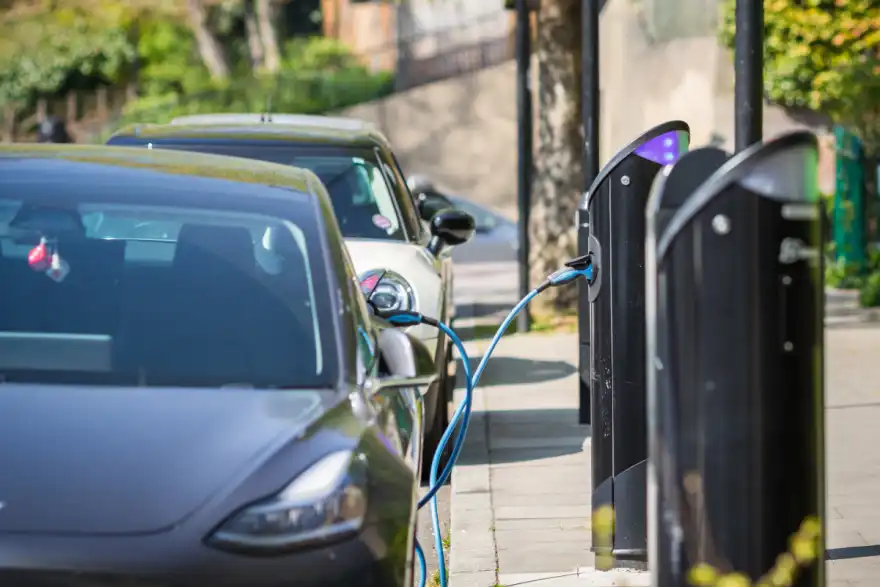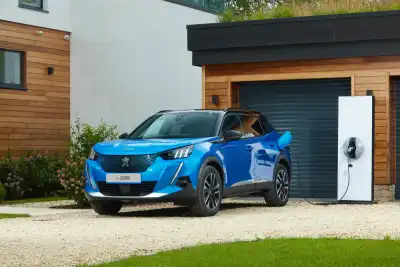
The UK’s car industry is facing a major roadblock: a chronic shortage of EV charging points. While over 71,000 public chargers are now available, and 57 new ones are being installed daily, that pace isn’t enough to keep up with demand.
Experts say Britain needs to add around 120 chargers every day to hit the target of 300,000 by 2030—a goal that’s crucial for supporting the EV boom.
The lack of charging stations is fueling “range anxiety,” leaving drivers worried about where to power up. Add to that the higher price of EVs compared to petrol or diesel cars, and it’s no surprise that interest in going electric is slowing.
Car makers are under pressure to meet government sales quotas for EVs—or face hefty fines. But with fewer drivers making the switch, manufacturers like Ford and Nissan are questioning their future in the UK. Vauxhall’s owners are even debating the viability of plants in Ellesmere Port and Luton.
Mike Hawes, CEO of the Society of Motor Manufacturers and Traders (SMMT), warns, "For more people to go electric we need ample public charge-point provision so drivers are confident to make the switch. Britain urgently needs a national strategy and binding targets for charge-point rollout."
Meanwhile, the Department for Transport claims the EV infrastructure is “on track” and recently announced £200 million to speed things up.
To make EVs a realistic option for more people, the UK needs to step on the gas (or electricity, in this case). Better infrastructure and stronger incentives could be the key to driving demand and keeping the industry on the road to success.




